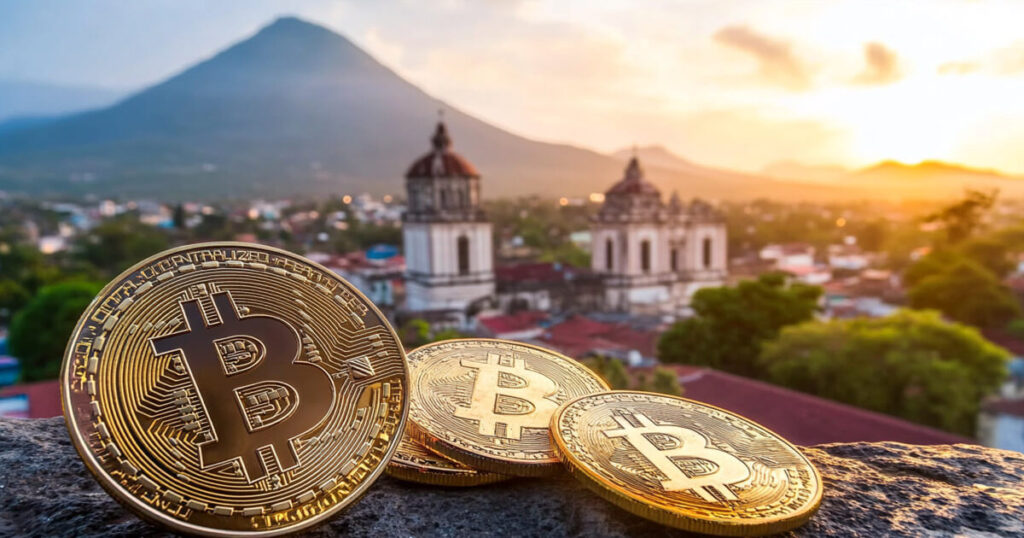The International Monetary Fund (IMF) has recently approved a new 40-month arrangement under the Extended Fund Facility (EFF) for El Salvador, providing access to approximately $1.4 billion to boost the country’s growth prospects and address macroeconomic imbalances.
A new report published on March 3 highlights El Salvador’s significant policy reforms, including restrictions on its Bitcoin project. The 111-page IMF report mentions ‘Bitcoin’ 221 times, President Nayib Bukele eight times, and the US dollar 82 times. The Executive Board’s approval allows for an immediate disbursement of around $113 million, with the arrangement expected to catalyze additional financial support exceeding $3.5 billion over the program period.
One of the central aspects of the agreement is the limitations placed on El Salvador’s Bitcoin initiative. The country’s legislative reforms narrow the scope of the Bitcoin Law by removing the digital asset’s mandatory acceptance requirements for the private sector and prohibiting tax payments in Bitcoin. The latest report further restricts government engagement in Bitcoin-related economic activities, including transactions and purchases. The agreement emphasizes enhanced regulation and supervision of digital assets in line with international practices. Additionally, any government accumulation of Bitcoin, including mining, is banned.
The IMF-supported program aims to stabilize El Salvador’s economic landscape through comprehensive measures addressing macroeconomic challenges. The program focuses on fiscal sustainability, with the primary balance projected to improve by 3.5 percent of GDP over three years. The IMF argues that El Salvador’s economic growth is supported by robust remittances and tourism, and recent security improvements have driven economic recovery.
Despite recent gains, El Salvador faces substantial macroeconomic challenges, including high public debt and low external buffers. Successful implementation of the program depends on political commitment and public support. The Bukele administration, holding a strong majority in the legislative assembly, has the political capital to implement reforms.
President Bukele’s recent purchase of additional Bitcoin reserves raises questions about the future of El Salvador’s Bitcoin policy. Will this be the last Bitcoin purchase in 2025? Will the President continue to support Bitcoin, potentially defying the IMF and risking billions in support? The decisions made in the coming months will have significant implications for El Salvador’s economic outlook.
In conclusion, the IMF’s approval of the new arrangement for El Salvador reflects a significant step towards addressing macroeconomic imbalances and boosting the country’s growth prospects. The challenges ahead will require decisive action and political support to ensure the program’s success. The future of El Salvador’s Bitcoin project remains uncertain, with potential implications for the country’s economic stability.

